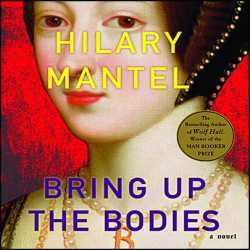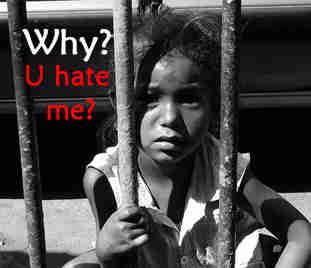 |
| Henry VIII by Hans Holbein |
There have been many great men in the numerous years past.
Their accomplishments are looked upon as the greatest deeds in history. Yet
these accomplishments are what seem to make these men great. In actuality, the
accomplishments are superior, but not necessarily the men themselves. Only an
exhibition of self-control can bring forth a superior man.
Admittedly, many men in history have done great things and were
very successful For example; King Henry VIII was known to be a very prominent
man in his time and is known for his literary work on the Seven Sacraments of
the Church. But King Henry can also be known as a “sex fiend” or “the great
fornicator” because of his misadventures with Anne Boleyn etc.
Any simple individual of he male species can become a man.
The act of self-control, though, is characteristic of a great man. If a man is
tempted by a beautiful woman; a luscious dame with features and gestures quite
sexual, and he disconcerns himself with her advances, he is the better for it.
But the man who allows this prostitute to lure him into the abyss of
self-satisfaction, how will he handle the temptation if he comes one of the
married kind? A great man doesn’t associate himself with adultery.
Of course there are many, the shameless, the tax-cheaters. Very
prevalent in our society, these people simply show that they can’t even control
a pen to write the correct amount of money in the indicated box on the tax
papers. (Albeit, the tax reforms are a little confusing, but still.).
If a little money is that important then imagine that
so-called man in charge of a bank’s cash flow.
Finally, if a man is the president of a very esteemed
company, looked upon highly by all members of his community and is a
distinguished, well-educated businessman, he must be dethroned and stripped of
all recognitions if he cannot control his emotions in order to keep himself
from harming his children or his wife. No wife or child abuser can be regarded
as a great man, only as an insufficient one.
A great man is characterized by self-control strictly
because he is able to restrain the animal that lives within himself. No man may
be acknowledged as great unless he is able to do so.
“I would strangle everyone in this room if it somehow
prolonged my son’s life.” That’ what I blurted into a microphone during a panel
discussion on ethics. I was laughing when I said it, but the priest sitting
next to me turned sharply in horror and the communist sitting next to him
raised her hand to her throat and stared daggers at me. Why was I on a panel
with a priest and a revolutionary communist? Long story—not very interesting:
we were debating the future of ethics with special attention to the role of religion.
The interesting part, however, is that at some point, after we all shook hands
like adults an I was on my home, I realized I meant it—I would choke them all. Well,
of course, one can't be entirely sure that one’s actions will follow one’s intentions. The best laid plans of mice and
men and all that. But given some weird Twilight
Zone scenario wherein all their deaths somehow saved my son’s life, I was
at least hypothetically committed. The caveman intentions were definitely
there.
These two texts offer moral advice that is, to say the
least, a bit different if not diametrically opposed. Does one present a better
moral view than the other? Which one?
The first text is what, behind closed doors in admission
offices, used to be called bulletin board essays. The cruel truth is that
sometimes admission officers look for fun during the long days and night of evaluating
applications and the first essay contains what can safely be called unintentionally
comic moments. Yes, it is true, not all
admission officers have hearts of gold.
But things can get complicated. Quickly. In this thought experiment
imagine that the college counselor for the writer of the first essay told us
that this student had overcome huge problems at home. The father was sexually
abusive toward her, was unfaithful to the applicant’s mother, and was fired
from his job for tax evasion and for giving funds from his job to his
mistress.
The applicant never mentions these facts in her application,
but the essay is clearly her way of coming to terms with these issues. Should these facts outweigh the awkward
stylistic approach? Does this make the applicant sympathetic and therefore
someone who might be given a chance to contribute to an academic community by
virtue of her overcoming situations most have never had to face? In other
words, does her grit overcome her lack of sophistication?
The second text is confession of sorts. The writer admits he
is capable of killing random and innocent strangers in order to save his son.
Is he so unbalanced in his view that despite his love for his son that he
should be considered a danger to any community and therefore, despite
exceptional academic credentials, be a sure deny to any college or university?
Why or why not?
Is self-control a morally superior trait compared to
complete dedication to an ideal (be it the life of a son, the future of a
country, or the belief in a religion)?



No comments:
Post a Comment